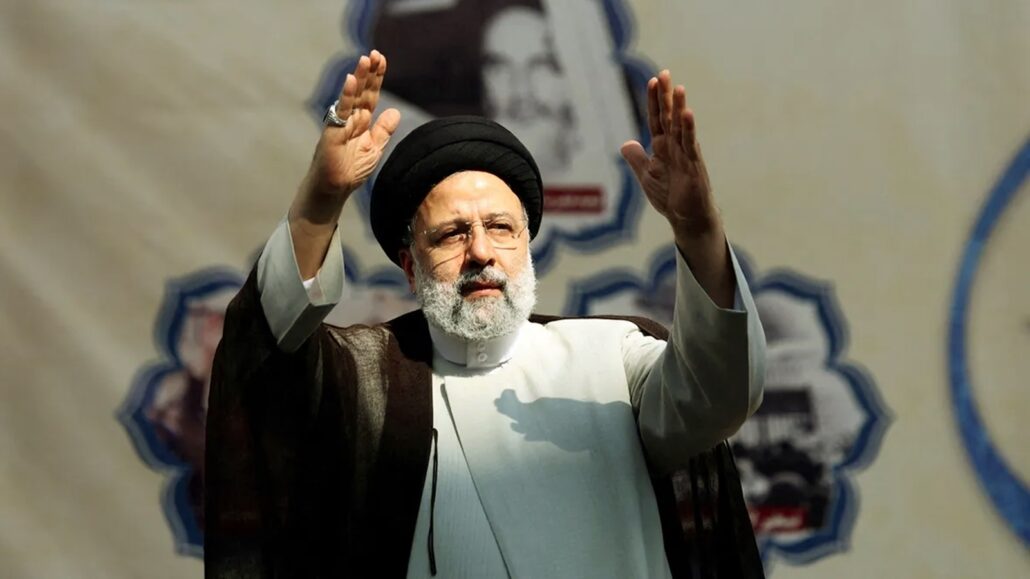
Shabir Ali
Shabir Hussain, 21, is among hundreds of people who have gathered in Khamenei Chowk in Budgam to mourn the death of the Iranian president. “It is tragic news. The only moment I felt proud as a Muslim and fond of my roots was when Iran struck Israel,” said Shabir, wiping the tears off his face.
As the news of the crash spread, Iranians hit the streets, many seeking spiritual help, thronging to the mosques for the safety of their leader. However, his body was found along with his colleagues.
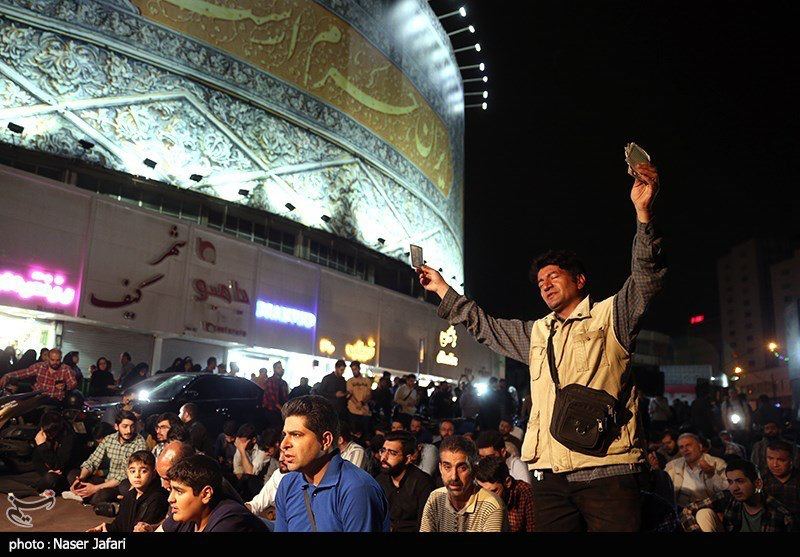
In Kashmir too, messages were circulated in WhatsApp groups, seeking the safety and security of all those on board. In Kashmir, the leader became prominent after September 2023, when he appeared at the United Nations General Assembly holding high a Quran in his hand to condemn the frequent Quran-burning incidents in several Western countries.
“It shall never burn. It is for eternity. It will prevail over the fire of insult and misinterpretations,” he told the UNGA, holding a copy of the holy Islamic book. Last month, the whole world, in support of Palestinians, cheered for Iran when they attacked Israel, which has killed more than 35,000 persons in Gaza since October 7, 2023.
Kashmir, along with millions of Muslims, is mourning the tragic death of President Ebrahim Raisi in a helicopter crash. Along with him, the Foreign Minister of Iran also passed away. Raisi was known for his unwavering support to the people of Palestine and Yemen.
Rescuers continued the operations to trace him for several hours, and on Monday, as the news of his death broke, people mourned. In Kashmir, processions were taken out in parts of Srinagar, Budgam, and other districts. People erected black banners and pasted his photos to the walls to express grief. Many others took out processions to reiterate his lifelong commitment to the people of Palestine.
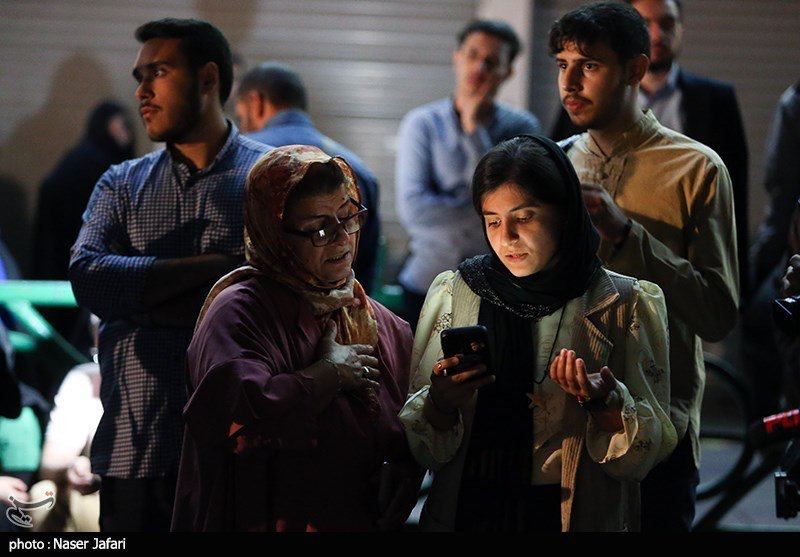
Palestine was central to his foreign policy agenda, and he sought action unlike his counterparts in Arabian countries. A month after Israel’s offensive, Raisi proposed an economic boycott against Israel and nine other demands in his 10-point agenda.
After assuming office as the eighth president of Iran, he consistently emphasized the importance of the Al-Aqsa mosque, urging Muslim nations to continue the fight for its liberation. At his swearing-in ceremony in August 2021, he highlighted, “Despite all the pressures and restrictions imposed against Iran, we are fulfilling our religious and humanitarian duty in defending the rights of the Palestinian people, and we expect Muslim and Arab countries to play a leading role in this regard,” he stated.
He renewed the weak relations with Hamas and promised military aid to the Palestinians. Just three days into his presidency, Raisi met with Hamas leader Ismail Haniyeh, Islamic Jihad leader Ziyad al-Nakhalah, and Popular Front for the Liberation of Palestine leader Talal Naji. “We have never had any doubt about this policy. In our view, Palestine has been, and will be, the first issue of the Islamic world,” he told them.
Early life
Born on December 14, 1960, in the Noghan District of Mashhad, Iran. Sayyid Ebrahim Raisolsadati came from a clerical family. His father, Seyed Haji, was a cleric, and Raisi is ancestrally connected to Hussaini and Ali ibn Husayn Zayn al-Abidin Sayyids.
Raisi’s father died when he was only five years old. Following in his father’s footsteps, Raisi pursued a path in Islamic clerical studies, starting his primary education at Javadiyeh School, Iran, and beginning his Islamic studies at the age of five at Hawza, the largest Islamic seminary, in Qom.
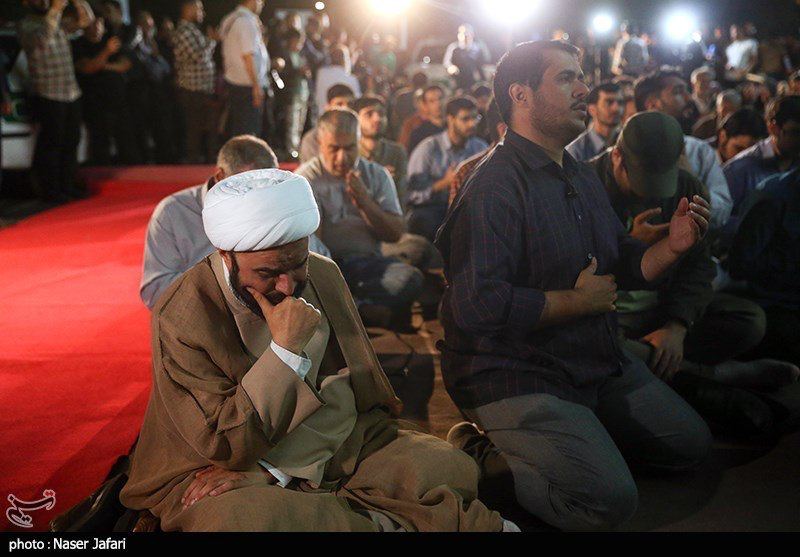
He also studied at Navvab School before moving to the Ayatollah Boroujerdi School in 1975, where he continued his education while teaching. His mentors included prominent figures such as Morteza Motahari, Ali Meshkini, Seyyed Hossein Borujerdi, Noori Hamedani, Mortez Pasandideh, and Abolghasem Khazali. Raisi also studied KharejeFeqh under Mojataba Tehrani and Seyyed Ali Khamenei. Although he referred to himself as Ayatollah for some time, he later settled on a rank just below Ayatollah after public criticism.
Raisi’s judicial career began with his appointment as the Prosecutor of Karaj. He later served as a prosecutor in Hamadan Province. In 1985, he moved to Tehran as the Deputy Prosecutor. He also handled legal issues in provinces such as Kermanshah, Lorestan, and Semnan.
His career is notably linked to the 1988 massacre of Iranian political prisoners, as he was part of the prosecution committee. Following the death of Ruhollah Khomeini, Mohammad Yazdi appointed him as the Prosecutor of Tehran, a position he held for five years.
From 2004 to 2014, Raisi served as the Deputy Chief Justice of Iran and then as Attorney General from 2014 to 2016. He was appointed Chief Justice of Iran in 2019 and served until 2021.
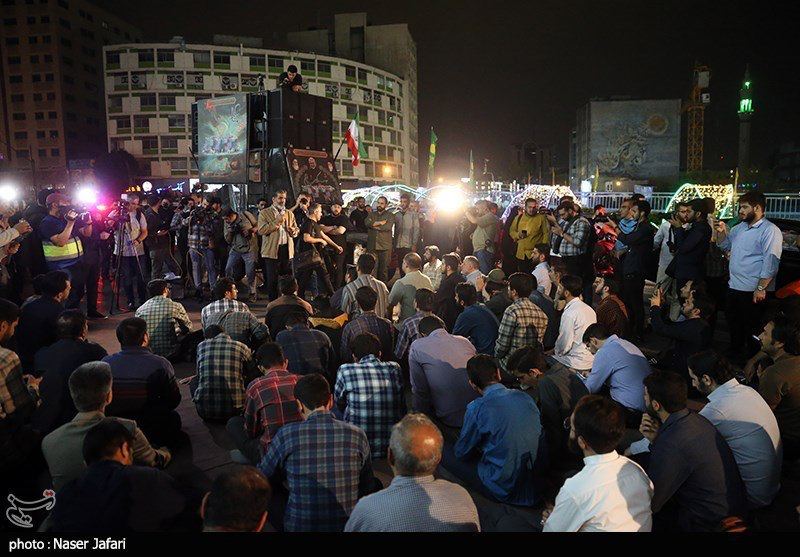
Raisi entered the political arena by running for the presidency in 2017 as a candidate for the conservative Popular Front of Islamic Revolution Forces (JAMNA), supported by the Front of Islamic Revolution Stability.
However, he lost to Hassan Rouhani. He ran again in the 2021 presidential election and won with 63% of the vote. Media reports indicated that around 3.7 million votes were declared invalid, which contributed to his victory.
As a hardline Islamic cleric, Raisi’s presidency saw Iran facing numerous anti-government protests. During his tenure, he expanded the country’s religious influence, supported military proxies across the Middle East, and escalated tensions with Israel.
Post Al Aqsa storm
Following the start of Operation Al-Aqsa Storm in October last year, Raeisi held important discussions with Haniyeh and Nakhalah, reaffirming Iran’s support for Palestinian resistance. He expressed confidence in the Palestinians’ eventual victory, condemning the oppression and injustice against them and urging global attention to these issues.
“Iran supports the Palestinian nation’s legitimate defense. The Zionist regime and its backers bear responsibility for endangering the security of the nations of the region, and they must be held accountable,” he asserted. Raeisi called for Muslim governments to unite in support of the Palestinian cause and emphasized that the balance of power had shifted.
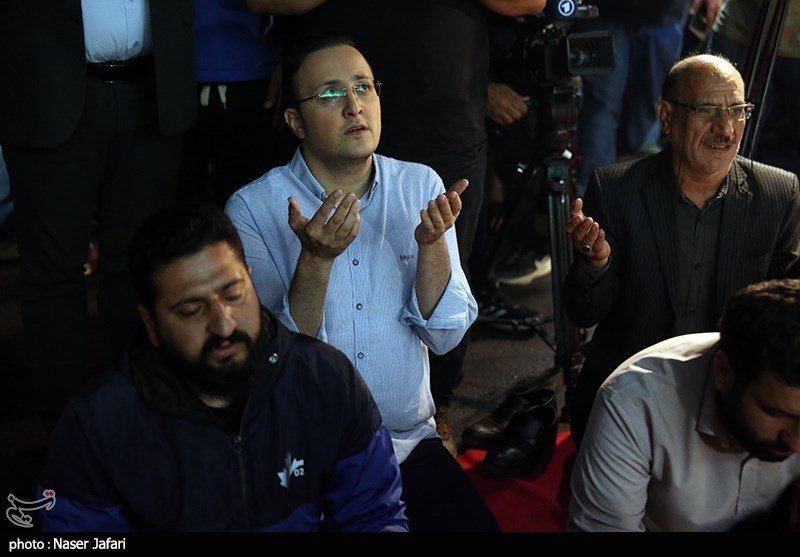
In subsequent meetings with leaders from Iraq, Syria, Turkey, Qatar, Oman, and other countries, Raeisi condemned Israeli actions in Gaza and called for strong diplomatic action.
10-Point Proposal at Riyadh Summit
A month after Israel’s offensive, Raeisi attended an extraordinary summit on Palestine in Riyadh, where he condemned the genocide in Gaza and called for global action against Israel. His ten-point proposal included ending the civilian massacre in Gaza, lifting the humanitarian blockade, withdrawing Israeli forces, suspending political and economic relations with Israel, designating the Israeli army as a terrorist organization, establishing an international court for Israeli crimes, rebuilding Gaza’s infrastructure, providing humanitarian aid, marking the date of the Arab Al-Ahli Hospital bombing as a day of genocide, and arming Gaza if Israeli crimes continued.
In November, Raeisi described Israel’s crimes in Gaza as acts of frustration due to their military defeat. He noted that killing civilians does not equate to victory and that these massacres had fueled global anti-Zionist sentiment. At a December conference in Tehran, he emphasized that Iran’s support for Gaza and Palestine was in line with the Iranian Constitution, which mandates support for the oppressed.
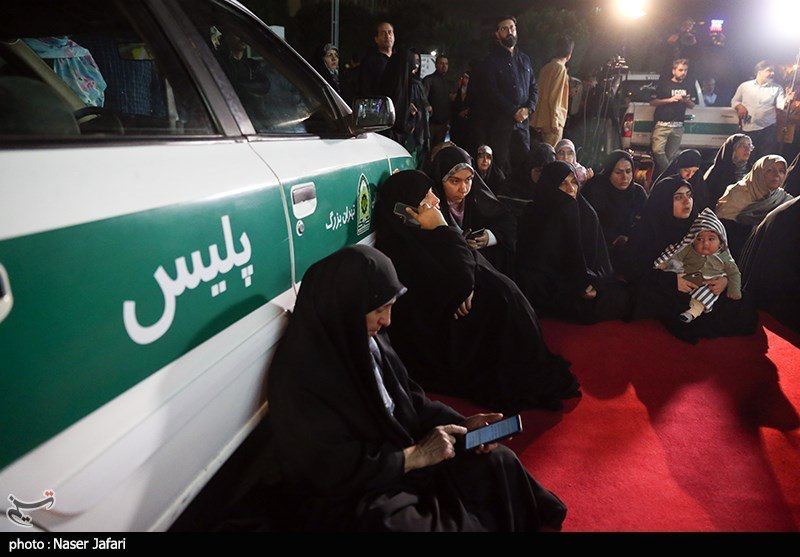
Raeisi’s advocacy extended to visits with leaders from the UAE, Saudi Arabia, Russia, Egypt, Pakistan, Malaysia, and Algeria, strengthening bilateral relations and emphasizing the Palestinian issue. At the International Conference of Al-Aqsa Storm and Awakening of Human Conscience in January, he reiterated the importance of Palestine for the Islamic Ummah and humanity. He quoted Imam Khomeini, highlighting the priority of Al-Quds’ liberation.
In subsequent speeches, Raeisi praised resistance movements in Lebanon, Yemen, and Iraq for their roles in pro-Palestinian operations. He condemned Islamic countries with clandestine economic ties to Israel, urging them to change course, and criticized the US for vetoing UN Resolutions calling for a Gaza ceasefire.




